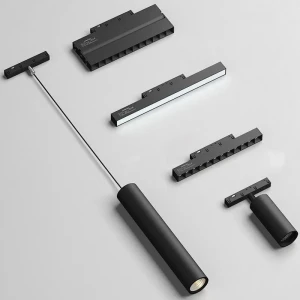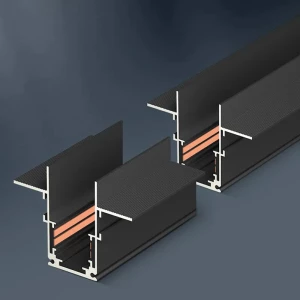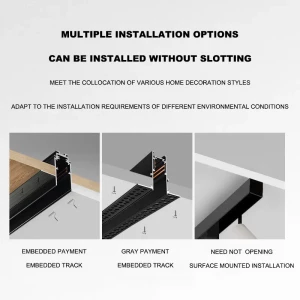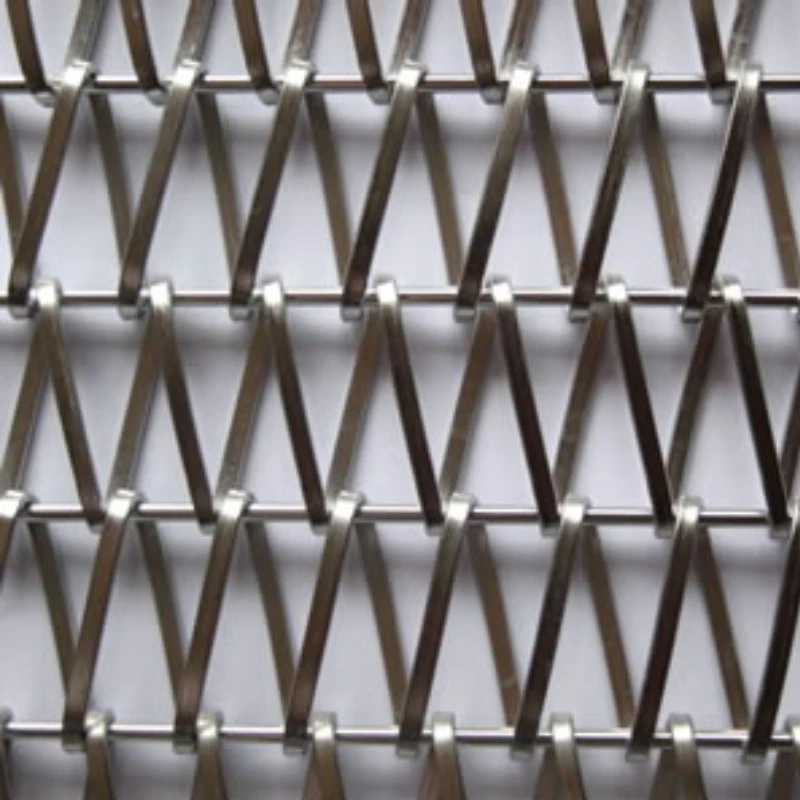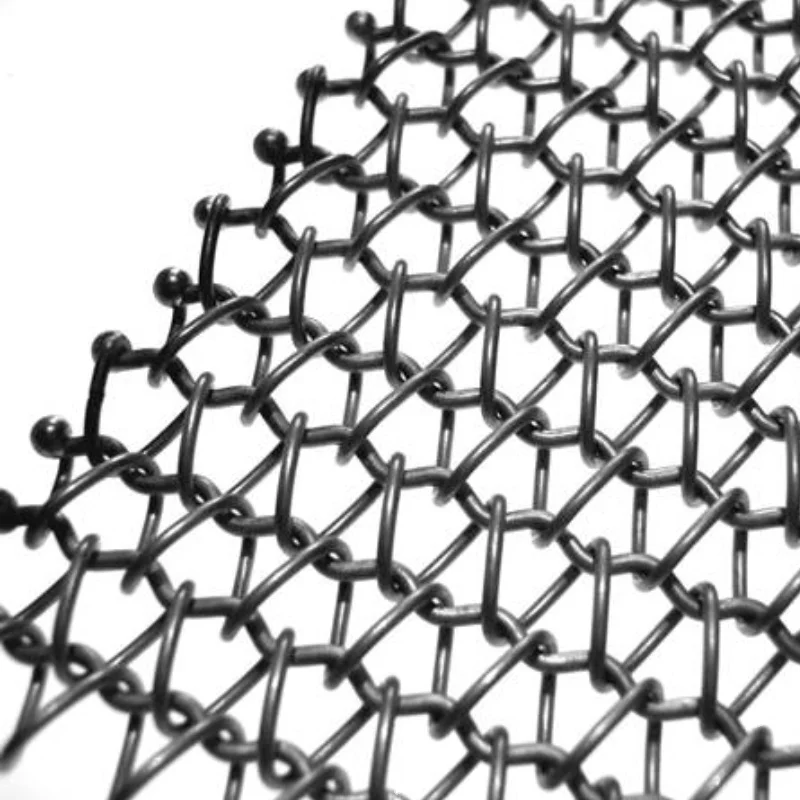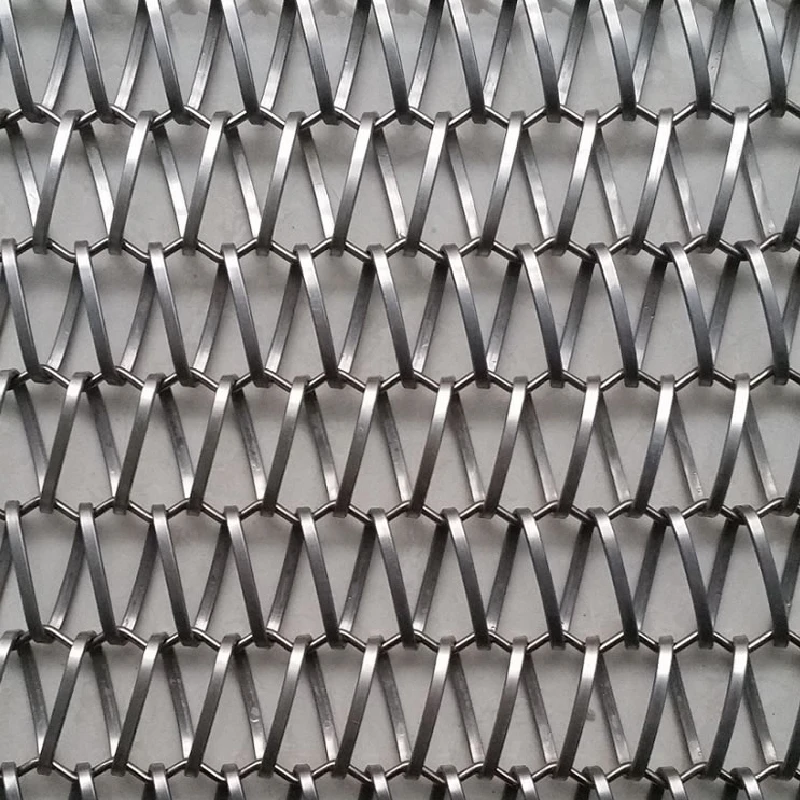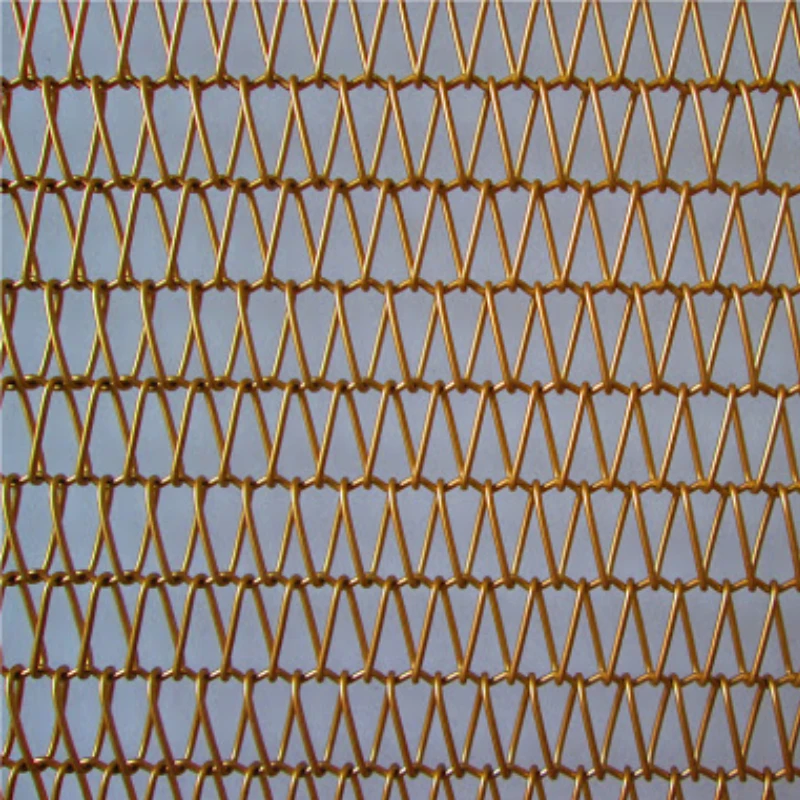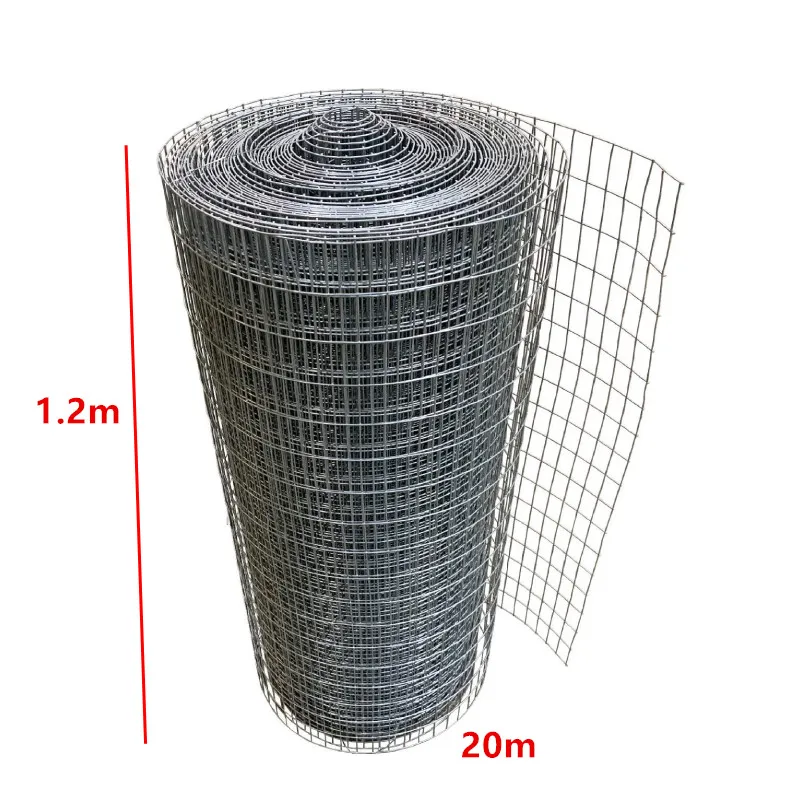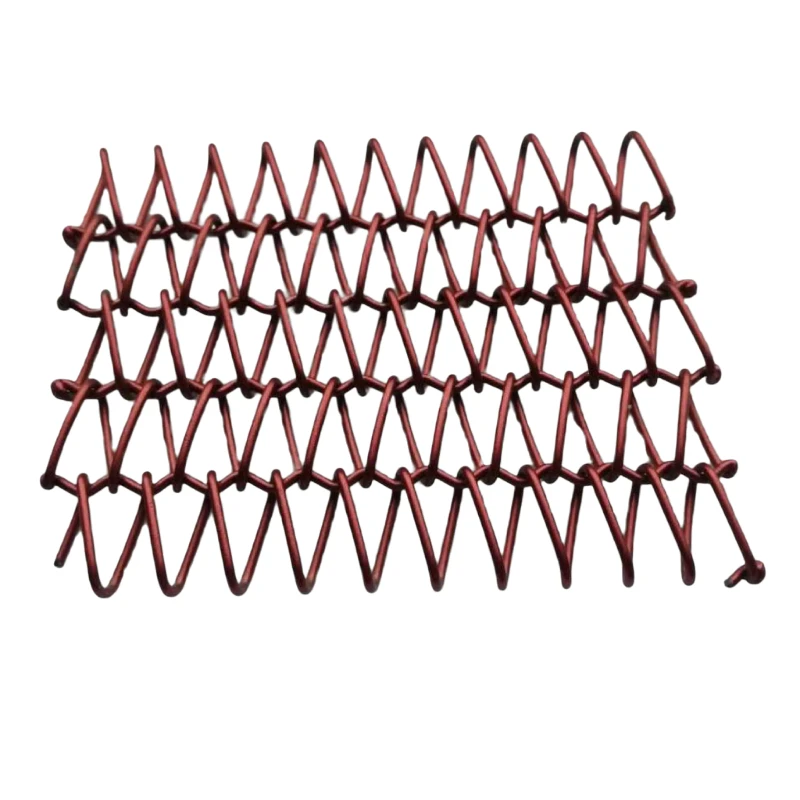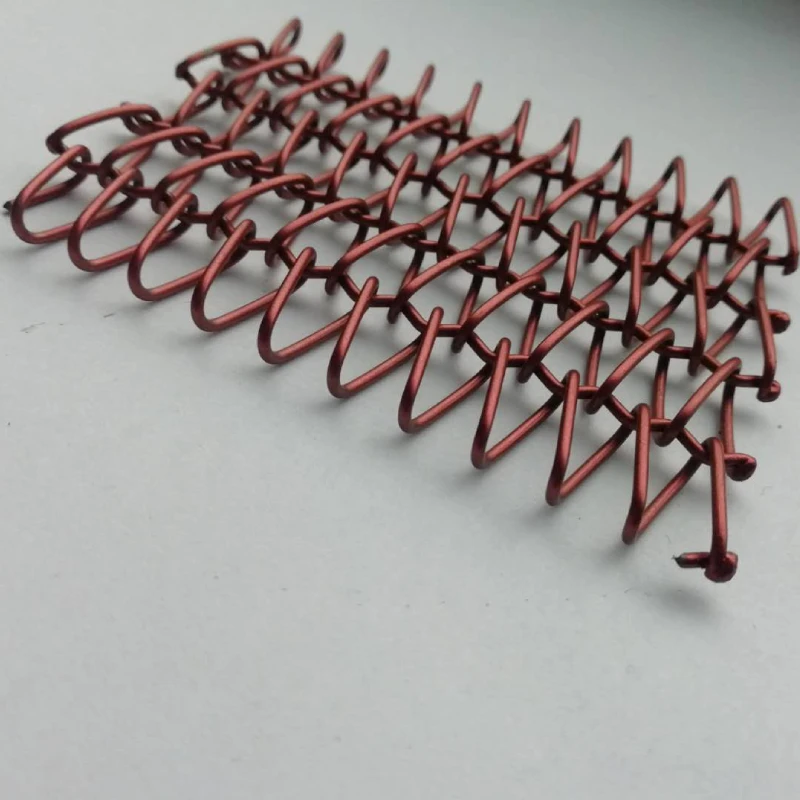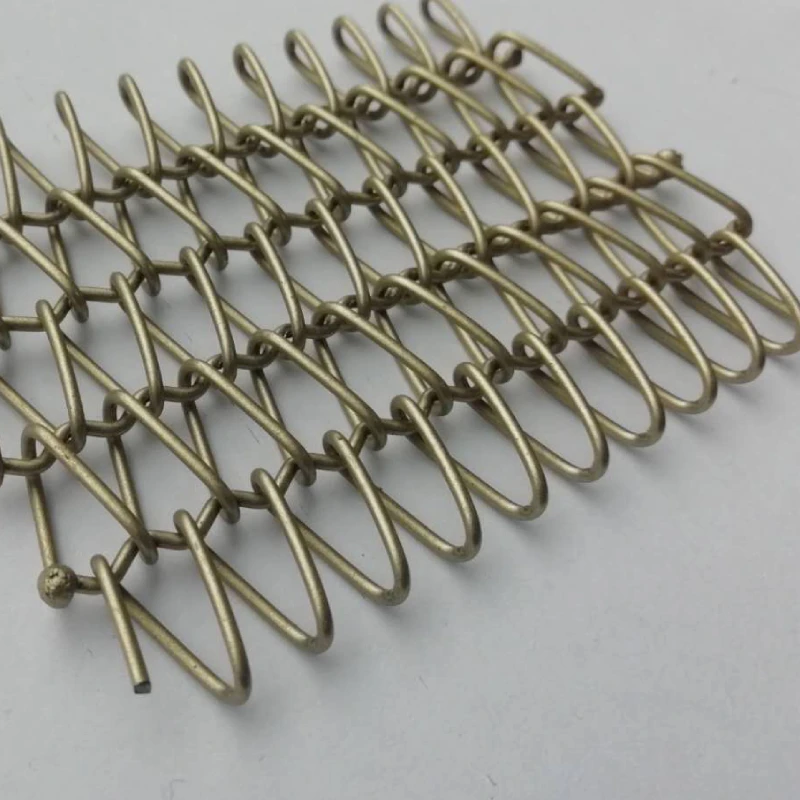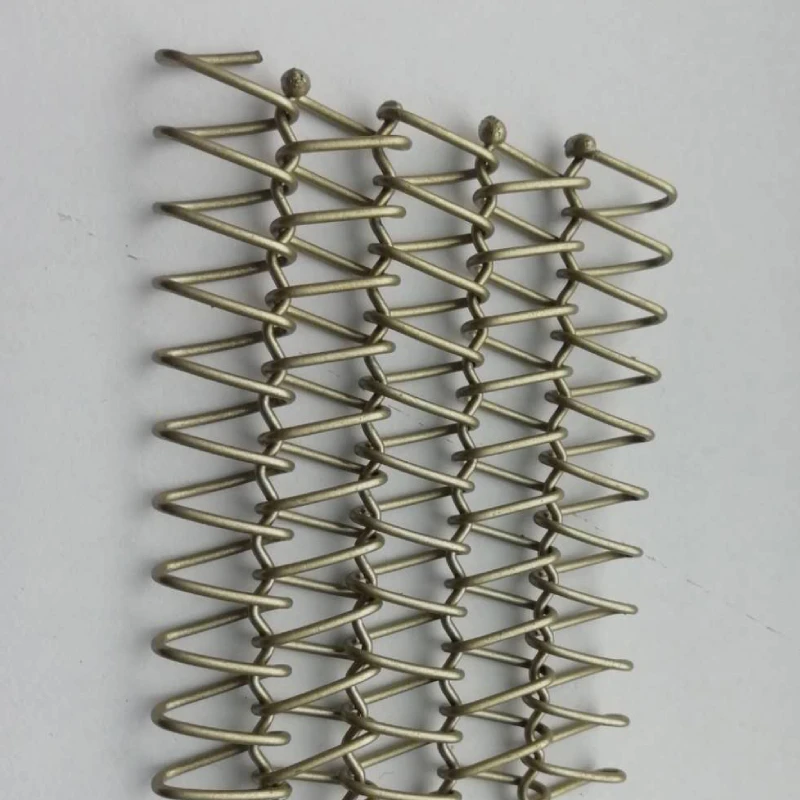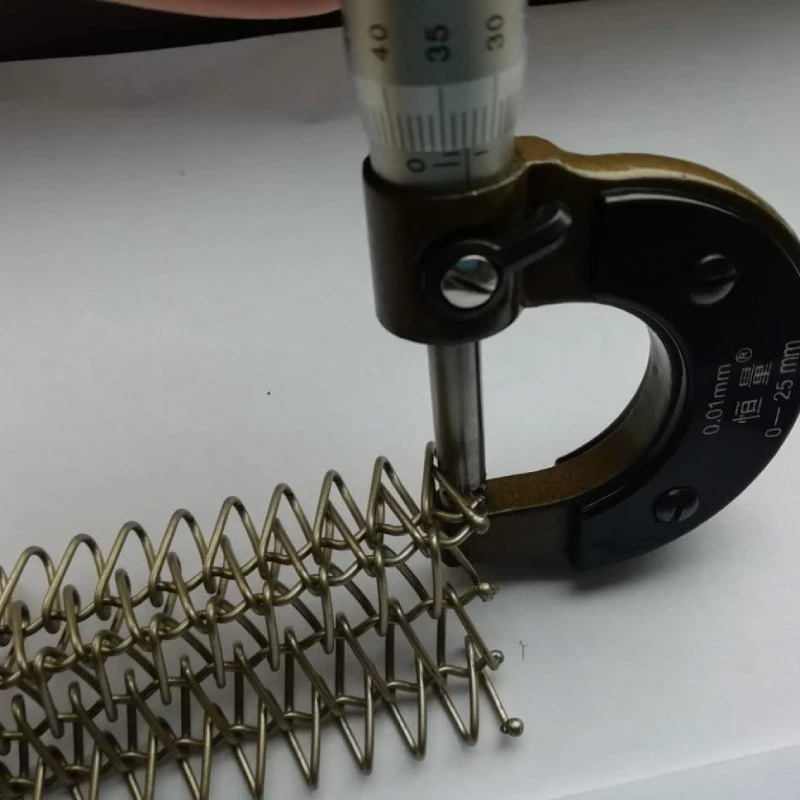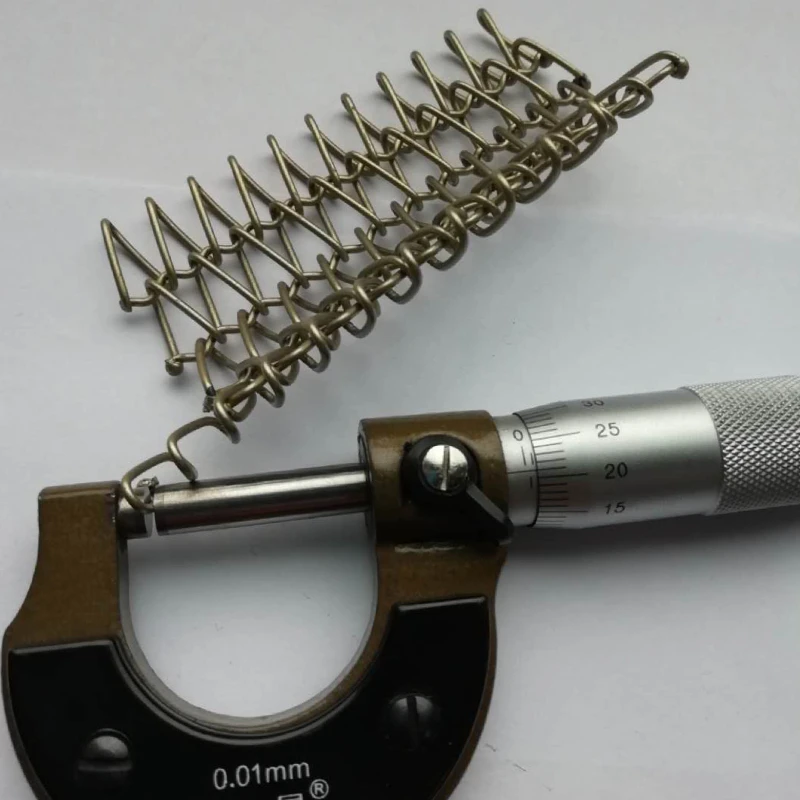Electrical Wires: Types, Uses, and How to Choose the Right One
Electrical wires are the backbone of any electrical system, ensuring safe and efficient power distribution. Whether you're a contractor, DIY enthusiast, or business buyer, understanding the different types, features, and applications of electrical wires is crucial. This guide covers everything from sourcing reliable wires from China to selecting the right type for your project.
How to Find Reliable Electrical Wires from China in 2025
China remains a top supplier of electrical wires, offering competitive pricing and a wide variety. To ensure quality, look for manufacturers with certifications like ISO 9001, RoHS, and UL listings. Platforms like Alibaba provide verified supplier lists, customer reviews, and sample requests to help you vet potential suppliers.
What Buyers Should Know Before Buying Electrical Wires from China
Before purchasing, check the wire's specifications, including gauge, insulation material, and voltage rating. Request samples to test durability and conductivity. Also, confirm shipping terms and minimum order quantities (MOQs) to avoid unexpected costs.
Types of Electrical Wires
Common types include:
- THHN/THWN: Ideal for indoor wiring, resistant to heat and moisture.
- Romex (NM-B): Used in residential wiring, combines multiple conductors in one sheath.
- Copper vs. Aluminum: Copper offers better conductivity, while aluminum is lighter and cheaper.
Functions and Features of Electrical Wires
Wires must conduct electricity safely, resist environmental factors, and meet local codes. Key features include insulation type (PVC, rubber), conductor material, and flame resistance.
Scenarios of Electrical Wires
Different projects require specific wires:
- Residential: Romex for outlets and lighting.
- Industrial: THHN for machinery and control panels.
- Outdoor: UF-B for underground or wet locations.
How to Choose Electrical Wires
Consider:
- Load Requirements: Match wire gauge to current load.
- Environment: Choose insulation suited to temperature and moisture.
- Compliance: Ensure wires meet local electrical codes.
Electrical Wires Q & A
Q: What’s the difference between stranded and solid wire?
A: Stranded wire is flexible, ideal for tight spaces, while solid wire is rigid and better for long runs.
Q: Can I use aluminum wire instead of copper?
A: Yes, but aluminum requires larger gauges and special connectors to prevent oxidation.
Q: How do I know if a wire is rated for outdoor use?
A: Look for markings like "UF" or "Sunlight Resistant" on the insulation.
Q: What’s the lifespan of electrical wires?
A: Properly installed wires can last 50+ years, but insulation may degrade faster in harsh conditions.
Q: Are Chinese electrical wires reliable?
A: Yes, if sourced from certified suppliers with quality control measures.





